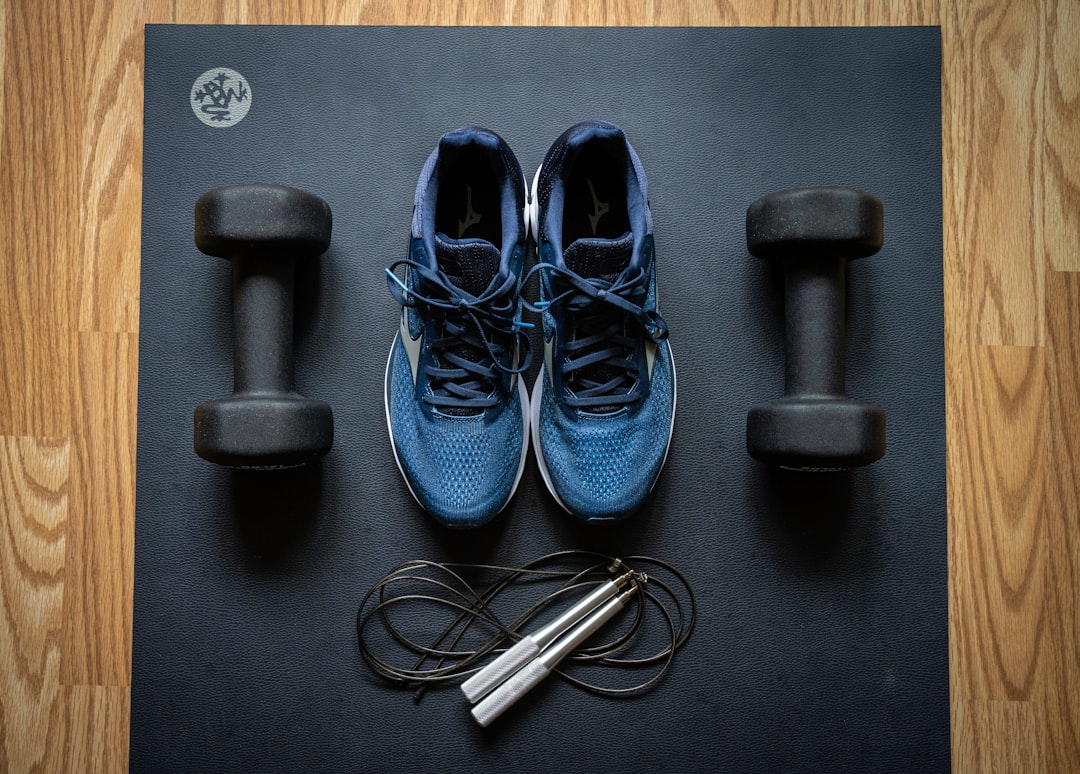How AI Uses Personas to Deliver Smarter and More Relevant Interactions

Ever talked to an AI assistant and thought, “Wow, it feels like this thing really gets me”? That’s not magic. It’s the power of personas! AI systems today use *personas* to know you better and respond in ways that match your mood, knowledge, and needs. Sounds cool, right?
Okay, let’s break it all down in simple terms. Here’s how it works and why it matters.
What Is a Persona?
A persona is a kind of character or identity that an AI takes on. Think of it as a role the AI plays. Like an actor in a movie. Sometimes that role is a friendly helper. Other times, it might be a smart business advisor or even a goofy trivia partner.
But it gets even better. Some AIs create *your persona*. That means they learn who *you* are—what you like, how you talk, and how you like to get answers.
Why Does AI Use Personas?
Because it makes talking to the AI more fun, more helpful, and just… smarter.
- Less robotic: With personas, interactions feel more human.
- More relevant: The AI can tailor its answers to *you*.
- Saves time: You don’t have to explain yourself every time.
- Improves trust: You’ll want to use it more when it “gets” you.
Let’s say you’re a chef. The AI might learn that and respond with cooking tips, not programming advice. If you’re a 12-year-old asking about dinosaurs, it’ll use simple words and fun facts.

Types of Personas AI Uses
There’s no one-size-fits-all when it comes to AI personas. Here are some popular types:
- The Helper: Polite, friendly, super-supportive. Think customer service AI.
- The Expert: Knows a lot, speaks clearly, and provides deep insights.
- The Entertainer: Jokes, games, and fun facts. Always ready to play.
- The Coach: Motivates you, helps you reach goals, maybe even counts your steps.
- The Buddy: Casual conversation, remembers your favorite pizza toppings.
Some tools even let you choose which style you like. Feeling serious? Pick the Expert. Want a giggle? Say hi to the Entertainer!
How AI Builds a Persona About You
Let’s twist the lens around. How do AIs *learn about you* to tailor their responses?
By observing and remembering important clues:
- Your interests (sports, food, fashion, tech)
- Your age group (kid, teen, adult, senior)
- Your tone (formal, casual, excited)
- Your past questions (asked about cats five times this week?)
They don’t always store personal info. Instead, AI looks for patterns. Like: “Whenever this person asks questions, they like funny answers” or “They’re always curious about science.”
It’s kind of like when a barista remembers your coffee order. Small stuff, but it makes a big difference!
Smarter Conversations Thanks to Personas
Let’s pretend you ask an AI: “Tell me about Jupiter.”
Your neighbor asks the exact same thing.
But guess what? You both get different answers. Why?
- You’re a 10-year-old: The AI says, “Jupiter is a giant gas planet with a big red spot. That’s a huge storm bigger than Earth!”
- Your neighbor is an astrophysics student: The AI shares detailed info about gravity fields and magnetic effects.
Same brain. Different performances. It’s like talking to a friend who knows exactly how much detail you can handle.
Fun With Different AI Personalities
Some AIs even change their whole *mood* based on who they’re talking to. Want a Shakespearean chatbot? Or a pirate assistant? Yup, it’s possible.

These AI personalities are often created using special writing styles, speech patterns, and even voice tones (if spoken). Think of them like costumes for the AI’s words.
Why is that fun?
- Makes learning interesting
- Doesn’t feel like talking to a machine
- Great for storytelling, games, and education
Are There Dangers with AI Personas?
Good question! While personas have *lots* of amazing uses, there are some things to watch out for:
- Too realistic: People might forget they’re talking to a machine.
- Biases: If the AI learns from the wrong data, it might develop inaccurate personas.
- Privacy: Some systems track user data to improve personas, which needs to be done carefully.
That’s why developers need to build with ethics and responsibility in mind. Users should always know when they’re chatting with an AI.
How Personas Make AI Tools Better
AI isn’t only for virtual assistants. Personas are making all sorts of apps smarter:
- Education apps: Teaching styles adjust to students’ learning speeds.
- Fitness trackers: Personalized coaching and motivation based on behavior.
- Shopping bots: Recommends styles based on your fashion sense.
- Mental health tools: Uses tone-aware responses to offer comfort and support.
It’s not just about fancy tech anymore. It’s about *making AI feel human* and *connect with you*.

What’s Next for AI Personas?
Hold on tight! This area is growing fast.
- AI might one day create *fully custom* personas based on your life story.
- They may even switch roles on the fly. Serious at 8 AM. Silly at 8 PM.
- Maybe you’ll have an AI buddy that grows up with your kid—from toddler to teen!
Scientists are working hard to make sure all of this happens safely and fairly. They want AI to help people, not trick or harm them.
Final Thoughts
AI personas are like digital chameleons. They adapt, change, and make your experience personal.
Whether you want a study buddy, a wise mentor, or someone to tell a joke at midnight, AI can fill the role. All it needs is the right persona.
So next time your AI makes you smile with the *perfect* answer, now you’ll know the secret: It was probably the *persona* at work. Pretty smart, huh?
